Tenure-track appointment in Indigenous Nursing at the rank of Assistant Professor, Teaching Stream
The property
About the Position
Field of Specialization: Indigenous Nursing – Re-advertised
Academic Unit: Faculty of Science, Nursing Program
Category of Appointment: Preliminary (tenure-track)
Rank/Position Title: Assistant Professor, Teaching Stream
Start Date: April 1, 2025 (negotiable)
Closing Date: Complete applications will be considered starting December 31, 2024
The Faculty of Science Nursing Program invites applications from qualified candidates for a preliminary (tenure-track) appointment in Indigenous Nursing at the rank of Assistant Professor, Teaching Stream, beginning April 1, 2025 (negotiable).
The candidate will be expected to teach courses, engage in curriculum development, and supervise/mentor students in the entry to practice competencies as defined by the College of Nurses of Ontario (CNO). The candidate will also support the planning, design, and delivery of courses and contribute to ongoing program improvement and enhancement, student recruitment and program promotion. The successful candidate will show evidence of excellence in both nursing clinical practice and teaching in the field(s) of Indigenous Health and Wellness, as well as strong interpersonal, communication and organizational skills and excellent experience in advancing equity, diversity, and inclusion in the discipline and on campus. Active membership with nursing specialty groups, or simulation is considered an asset.
To see the full position posting, please visit Carleton University’s Deputy Provost’s website at https://carleton.ca/deputyprovost/jobs/academics/.
Carleton University is strongly committed to fostering diversity within its community as a source of excellence, cultural enrichment, and social strength. In addition to First Nations, Inuit and Métis peoples, we welcome those who would contribute to the further diversification of our University including, but not limited to: women; visible minorities; persons with disabilities; and persons of any sexual orientation, gender identity and/or expression. In accordance with the University’s Employment Equity Program and pursuant to the Ontario Human Rights Code Section 14, this selection will be limited to Indigenous peoples. Candidates from Indigenous communities and the groups noted above are encouraged to self-identify. Applicants will be subject to review under the Hiring Policy for Positions Limited to Indigenous (First Nation, Inuit, and Métis) Candidates. Carleton University acknowledges and respects the Algonquin Anishinaabe people, traditional custodians of the land on which the Carleton University campus is situated.
About the Academic Unit
In response to the increased need for nurses both provincially and nationally, the Faculty of Science at Carleton University is developing a direct-entry, three-year Bachelor of Science in Nursing (BScN) program. This exciting program aims to prepare future nurses with specialized knowledge and skills in two optional distinct concentrations:
- Nursing Data Science with an Emphasis on Technology and Innovation
- Neuroscience and Mental Health
The program adopts an innovative approach to nursing education. Through experiential learning, theory, research and clinical practice, the program is unique in its integration of advanced technology, experiential learning and cultural humility to prepare tech-savvy, compassionate and practice-ready nursing students. Our curriculum, which emphasizes Indigenous health concepts and mental health awareness for both the patients and the providers, will foster community-focused, inclusive healthcare innovators.
Qualifications
In addition, the position requires an active Registered Nursing license in good standing with the College of Nurses of Ontario, a PhD or equivalent, evidence of research and/or recognized excellence in Indigenous Health and recognized excellence in creation, delivery and assessment as a facilitator/teacher.
- PhD (or other degree/s as applicable) in nursing or education. Equivalencies and candidates close to completion will also be considered.
- Bachelor of Science in Nursing. Equivalencies will be considered.
- Membership in the Registered Nurses Association of Ontario (RNAO)
- BCLS certification
- Up-to-date Immunization Record in adherence to Ontario Immunization Schedules • Active license in good standing with the College of Nurses of Ontario (CNO) • Excellent experience in advancing equity, diversity, and inclusion in the discipline and on campus • Demonstrated teaching excellence
- Demonstrated potential for outstanding teaching contributions
- Demonstrated aptitude for teaching courses at the undergraduate/graduate level • Excellent ability to contribute to the academic life of the Unit
Application Instructions
Applications must be sent electronically in one single PDF file which includes the following: (1) a cover letter and CV; and, (2) a teaching dossier which will include a statement (no longer than 500 words) outlining your approach to teaching and learning, as well as evidence of teaching experience.
Please provide a statement that identifies your strengths and/or experience in advancing equity, diversity and inclusion in your teaching, service, and/or scholarly activities.
Please indicate in your application if you are currently legally eligible to work in Canada.
Applicants should also arrange for three individuals, including both academic and Indigenous community connections, to provide letters of recommendation electronically to the address below.
All application materials should be directed to:
Ms. Valerie Pereboom, Manager, Administrative Services, Faculty of Science, Carleton University at valerie.pereboom@carleton.ca.
About Carleton University
Located in Ottawa, Carleton is an innovative teaching and research institution with a tradition of leading change. Internationally recognized academics, staff, and researchers engage more than 31,000 students in over 100 programs of study. Carleton has long been known for promoting research excellence and connectedness and is involved in partnerships around the globe. With strong leadership, it enjoys a healthy financial position and our proximity to government and cultural institutions, media, and a thriving knowledge economy make Carleton and Ottawa a great place to work, learn, and live. Our picturesque campus is fully accessible and, along with award-winning student services, Carleton’s Paul Menton Centre for Students with Disabilities has been heralded as the gold standard for disability support services in Canada. Learn more about our university and the city of Ottawa at https://carleton.ca/deputyprovost/jobs/.
We invite you to review our revitalized Indigenous strategy, Kinàmàgawin at https://carleton.ca/indigenousinitiatives/cu-files/kinamagawin/ and visit our Department of Equity and Inclusive Communities at http://carleton.ca/equity for information about our commitment to leadership in the areas of equity, diversity, and inclusion.
Accessibility is a university strategic priority and applicants selected for an interview who require accommodations are invited to contact the Chair as soon as possible to ensure that appropriate arrangements may be made.
This is an Indigenous-specific position. First Nations, Métis, and Inuit scholars are particularly welcome but Indigenous scholars from any context are eligible to apply. All qualified candidates are encouraged to apply; however, Canadians and permanent residents will be given priority. All positions are subject to budgetary approval.
No Comments
Listing Location
Related listings


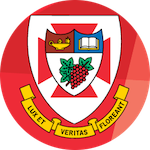

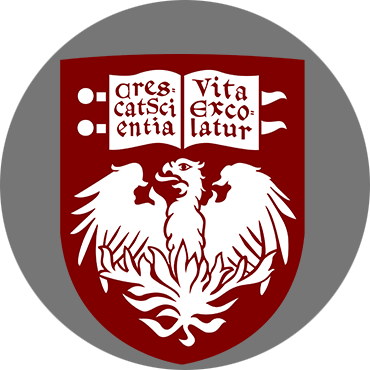

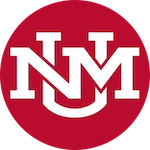
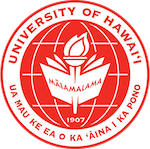

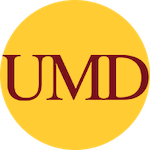
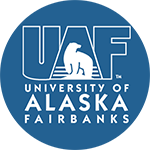
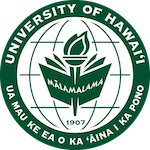
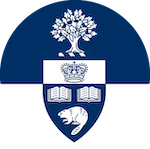

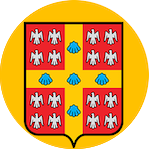
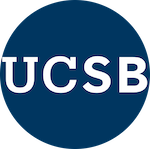




Sorry, the comment form is closed at this time.